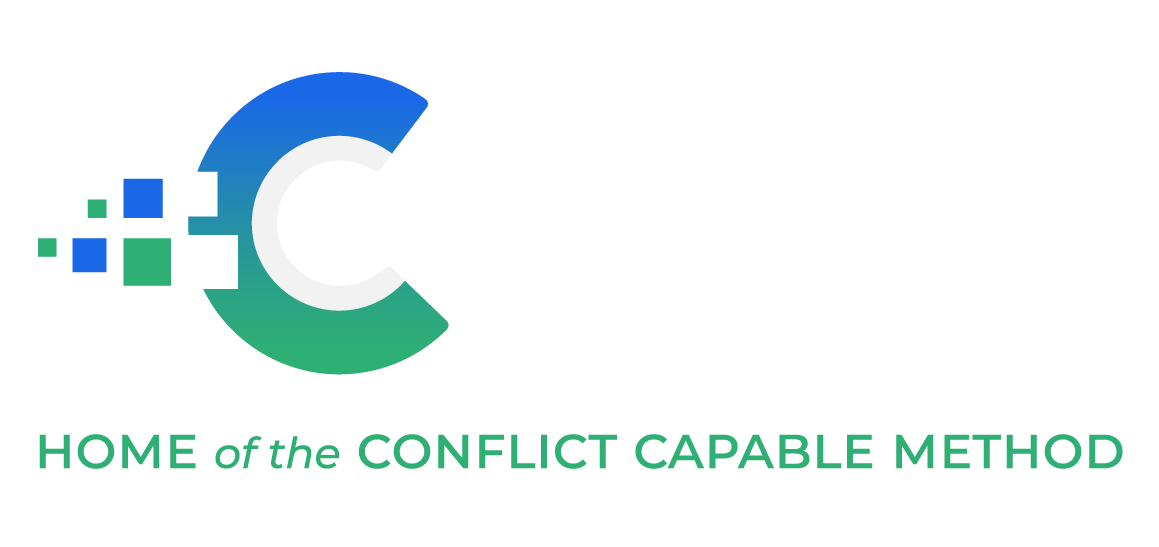How to be Adults About It
“Getting along” isn't a choice or an attitude one adopts, it's a set of skills.
It's okay to not like someone. But, how can we become adults about it?
Recently, after a speaking event, someone brought up an interesting situation and asked for my advice. One of her managers has an employee on their team whom they don't like. "No matter what the employee says. even when they are factually correct the supervisor still won't give in. They just don't like this person. How can I coach them?"
My answer was to give them something else to focus on aside from their dislike.
In this example, I suggested that this person could ask themself what kind of problem the person is bringing to them that they need support with. Is it a task? Is it a relationship?
I like to call this distance listening. This means distancing yourself from the personality in order to hear the subject of the conversation. This is a hard thing to do because, at a young age, we are often taught to like everyone, and "get along." How many times have you heard some version of, "They just don't want to get along with people?"
“Getting along” isn't a choice or an attitude one adopts, it's a set of skills. We sometimes have anti-chemistry with people. It's no one's fault, and it can't always be explained. Distance listening can help us focus less on personalities and more on forward momentum.
Are you a distance listener?

